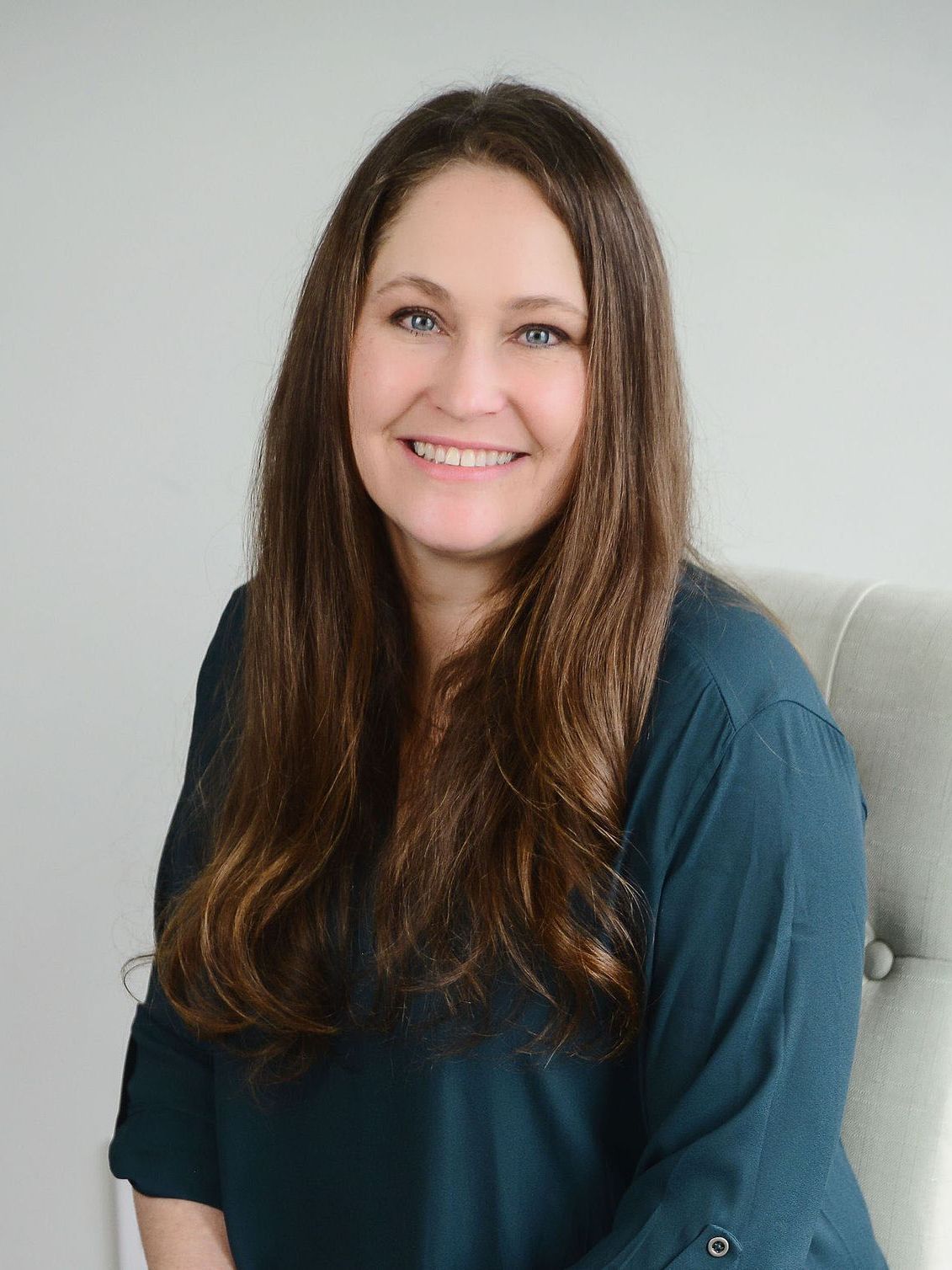Jennifer Moran, Psy.D..

1. What's your practice focus and what kind of clients knock on your door ?
I am trained as a generalist and enjoy working with individuals, couples and families to help navigate life transitions, interpersonal conflict and mood disorders such as anxiety and depression. Much of my career has been dedicated to working with eating disorders, and I continue to feel passionate about helping others develop a better relationship with their eating and improving their body image. I particularly love working with college students and young adults.
2. Tell us about yourself.
One of my college professors defined psychology as "the study of the soul." I remember sitting in that class and realizing that psychology was definitely the career for me. I have a lot of compassion and empathy for others and love being able to provide a safe space for my clients to engage in self-discovery and to explore ways in which they may grow. It takes a lot of courage to look inward and sit with what may be uncomfortable, and I am honored when others allow me to be part of this process.
3. Tell us the story of a patient who you are most proud of helping.
I have been particularly inspired by a client who fully recovered from a serious eating disorder. After multiple admissions to higher levels of care, they were ultimately able to anchor their life into meaningful relationships and pursuits that better aligned with their values. It serves as a reminder that there is always hope. I think many professionals had given up on the possibility of recovery for this client, and yet, with support, they were ultimately able to achieve and maintain recovery.
4. What's one of the hardest things that comes with being a practitioner in private practice?
As a helper, it is tempting to try to schedule everyone that calls looking for a therapist. However, I do believe it is important to keep my caseload capped so that I can provide my full attention to each client that I work with. I also believe that sometimes there are other clinicians or levels of care that are more appropriate for someone, and as hard as it might be to refer out of my practice, it may be the best and most appropriate decision to do so.
5. What are the top 3 tips you'd give to anyone looking to start, run and grow a private practice today?\
The top three tips I would give anyone looking to start, run, and grow their private practice is to:
- It is highly important to develop and maintain a network of trusted clinicians. Private practice can be isolating and a group allows for consultation opportunities, as well as a referral network.
- It is also necessary to stay current; one should engage in high quality continuing education to be able to provide competent and ethical clinical care.
- This is especially true in providing culturally competent and sensitive care to at risk populations. Finding a good work/life balance is also crucial!
